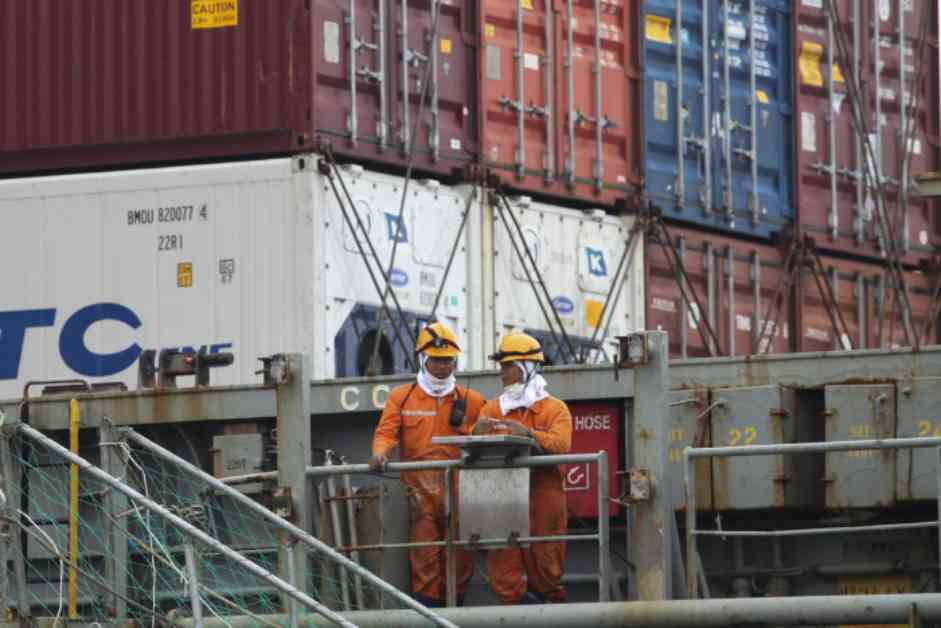**Tougher Rules Urged to Address Chinese Imports**
The Joint Standing Committee on Commerce, Industry and Banking (JSCCIB) is calling on the government to enforce legal measures against the influx of low-cost Chinese products into the Thai market, which is expected to intensify this year.
**The Urgent Need for Stronger Measures**
The current measures in place are not sufficient to protect local manufacturers from the influx of low-cost Chinese goods, according to Sanan Angubolkul, chairman of the Thai Chamber of Commerce and a member of the JSCCIB. These imports continue to flood the market, posing a significant threat to domestic industries.
One of the existing efforts by the government includes the Customs Department’s imposition of a 7% value-added tax on imports valued at less than 1,500 baht to slow down their sales. Additionally, the Thai Industrial Standard Institute (TISI) has increased the frequency of inspections on products listed on online platforms.
**Proposed Solutions by JSCCIB**
The JSCCIB has recommended additional measures to address the situation, proposing the utilization of the 1999 Anti-Dumping Act and the 2007 Safeguard Measures on Increased Imports Act to counter the inflow of low-cost products from China. These measures are deemed necessary, especially with the looming threat of a new round of the US-China trade war this year.
According to Mr. Sanan, president-elect Donald Trump has threatened to implement a new tariff policy, including tariffs ranging from 10-20% on all imported products and as high as 60-100% on goods imported from China.
**Potential Impact on Thai Industries**
The Federation of Thai Industries (FTI) anticipates that the trade war could lead Chinese entrepreneurs to divert more products to ASEAN member nations, affecting a broader range of industries in Thailand. This shift could result in more local manufacturers opting to import Chinese products due to the higher operating costs within the country.
**Concerns for Small and Medium-sized Enterprises**
The JSCCIB expressed concerns that more manufacturers, particularly small and medium-sized enterprises, may face challenges this year, possibly leading to business closures. The weak consumer purchasing power in Thailand, compounded by the influx of low-cost goods, further exacerbates the predicament faced by local businesses.
A survey conducted by the FTI revealed that a significant percentage of entrepreneurs reported declining sales due to the availability of low-cost goods through online platforms. Sectors such as garments, furniture, plastic products, and packaging have been particularly impacted by this trend.
While collaborative efforts between the Industry Ministry, TISI, and the Customs Department have been initiated to inspect the quality of imported goods, concerns persist regarding the continued influx of substandard products into the country.
In conclusion, the urgent need for stronger measures to address the influx of low-cost Chinese imports into the Thai market is evident. Stakeholders must work together to safeguard local industries and ensure a level playing field for domestic manufacturers in the face of global trade challenges.




















